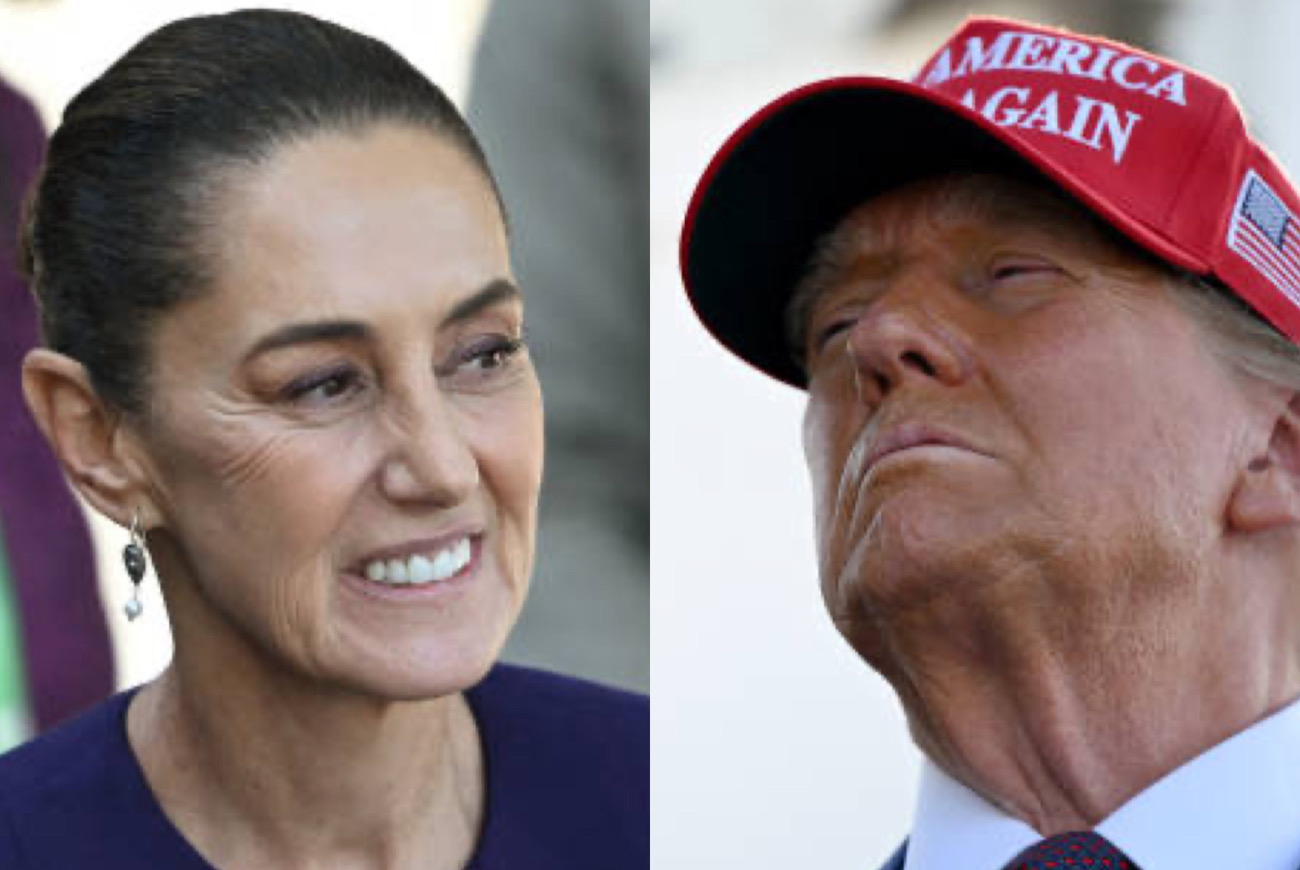President Claudia Sheinbaum indicated that Mexico might respond with its own tariffs in light of U.S. President-elect Donald Trump’s warning of a 25% import tax on Mexican products unless the nation takes action to stop the movement of drugs and migrants over the border.
Sheinbaum expressed her openness to discussions regarding the matters at hand, while also emphasizing that the issue of drugs is primarily a concern for the United States. “One tariff would be followed by another in response, and so on until we put at risk common businesses,” Sheinbaum said.
On Monday evening, Trump announced his intention to impose a 25% tax on all imports from Canada and Mexico, along with an extra 10% tariff on goods coming from China, as part of his initial executive actions. If these tariffs are enacted, they could significantly increase costs for American consumers across a wide range of items, including gasoline, vehicles, and agricultural goods.
On Monday, Trump issued the threats through two posts on his Truth Social platform, expressing his frustration over the surge of illegal migrants. This comes despite the fact that apprehension rates at the southern border have been close to their lowest levels in four years.
“On January 20th, as one of my many first Executive Orders, I will sign all necessary documents to charge Mexico and Canada a 25% Tariff on ALL products coming into the United States, and its ridiculous Open Borders,” he wrote.
RELATED: New York Judge Delays Donald Trump’s Hush Money Sentencing
He said the new tariffs would remain in place “until such time as Drugs, in particular Fentanyl, and all Illegal Aliens stop this Invasion of our Country!”
“Both Mexico and Canada have the absolute right and power to easily solve this long simmering problem. We hereby demand that they use this power,” he went on, “and until such time that they do, it is time for them to pay a very big price!”
In a letter addressed to Trump, which she presented during a news conference on Tuesday, Sheinbaum stated that Mexico had made significant efforts to reduce the number of migrants crossing its borders, highlighting, “caravans of migrants no longer reach the border.”
Nevertheless, Mexico’s initiatives to combat drug trafficking, particularly concerning the lethal synthetic opioid fentanyl—produced by Mexican cartels with chemicals sourced from China—have diminished over the past year.
Sheinbaum pointed out that Mexico has been adversely affected by the surge of weapons smuggled from the United States, asserting that the issue of drug trafficking is fundamentally a matter of public health and consumption within American society.






